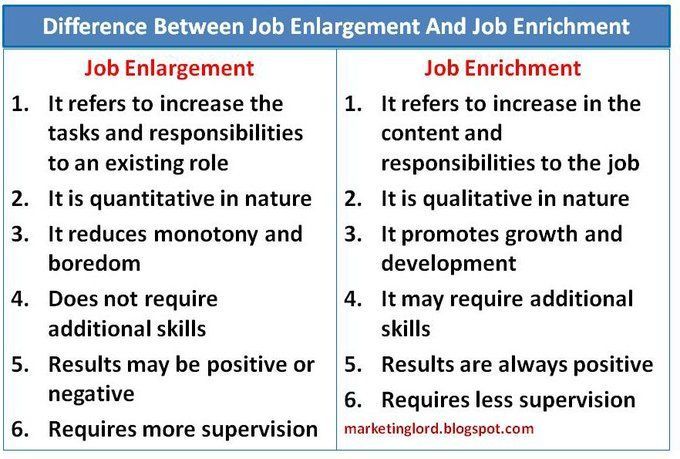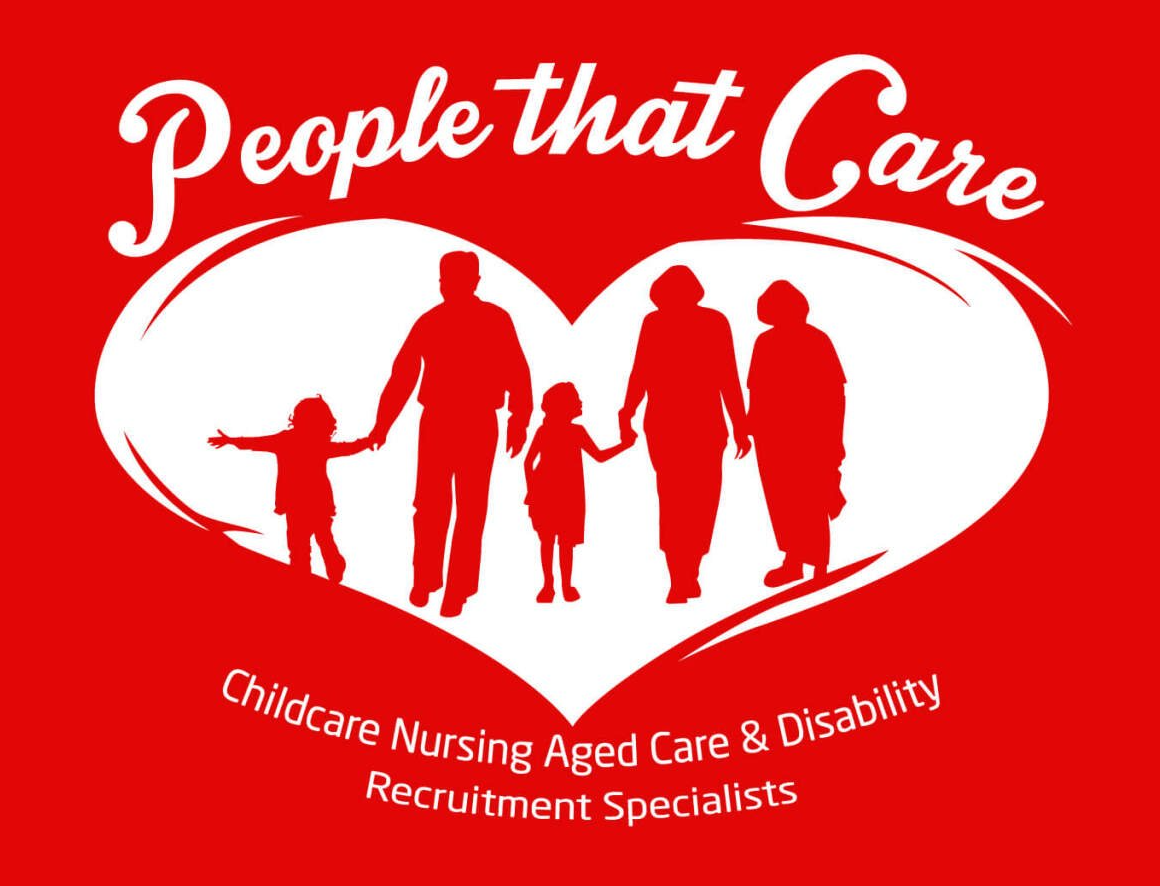Identifying as a person with disability in the workplace
1. Overview
This guide provides information on:
- whether a person has an obligation to share information about their disability with an employer or potential employer
- why a person may not want to share information about their disability with their employer or potential employer
- why a person may want to share information about their disability with their employer or potential employer
- why an employer may ask employees about disability
- the questions an employer can and cannot ask about a person’s disability
- requesting reasonable adjustments in the workplace.
2. Do you have an obligation to share information about your disability with your employer or potential employer?
The nature of disability is deeply personal and people with disability are diverse. The decision to identify as a person with disability can be difficult and, in most circumstances, you do not have an obligation to share information about your disability with your employer or potential employer. Information about your disability is private and the decision to tell others is up to you.
However, if you are applying for a job and your disability means that you are unable to carry out the inherent requirements of the job without reasonable adjustments being made to accommodate your disability, then you should tell the employer. For example, if the job requires heavy lifting and you suffer from chronic back pain, you should let the employer know that you have a disability so they can consider ways to support you or customise certain requirements of the role.
You can find further information on job customisation in the IncludeAbility guide on Customising a job for a person with disability.
If an employer terminated an employee’s position because they could not perform the inherent requirements of the role, even if reasonable adjustments were made, this would not constitute unlawful discrimination.[1]
The Disability Discrimination Act 1992 (Cth) (DDA) does not define ‘inherent requirements’ but it can be broadly understood as something essential to the position.
Section 21A(2) of the DDA provides that in assessing whether a person is able to carry out the inherent requirements of a particular role or job, the following criteria are to be considered:
- the person’s past training, qualifications and experience relevant to the particular employment
- the person’s performance as an employee
- any other factor that it is reasonable to take into account.
3. Why you may not want to share information about your disability
There are a number of reasons you may not wish to share information about your disability with your employer or potential employer:
- your disability may not affect your ability to do your job
- you may not require any support or adjustments to your job, workload or schedule at the moment
- you may be worried about potential discrimination, harassment or reduced opportunities for career progression
- your disability may be temporary or episodic but you may feel any associated stigma would be ongoing
- you might already have good support networks outside the workplace and feel there is not much to gain by talking about your condition.
4. Why you may want to share information about your disability
While sharing information about your disability is a completely personal decision, some reasons you may wish to share information about your disability with your employer or potential employer are outlined below.
(a) You may require reasonable adjustments
Employers must, subject to some exceptions, provide reasonable adjustments to allow people with disability to work productively and safely. See Section 7 for examples of reasonable adjustments.
(b) You are applying for a new role
If you are applying for a new role you may wish to let the employer know you have a disability to ensure reasonable adjustments are provided in the interview and recruitment process.
It may also be helpful to have this conversation with a potential employer so that if you are the successful candidate, you can have a discussion about reasonable workplace adjustments more easily.
(c) Your disability has changed, or you have acquired a disability
Some forms of disability can progress over time. Alternatively, you may acquire a disability while you are employed. If you have a disability of this nature you may wish to share this with your employer so that you can arrange appropriate adjustments and support.
(d) Something may have changed in the work or workplace
The tasks involved in your role, the accessibility of the building you work in, or something else may have changed at work which now means you require additional support or adjustments.
(e) You might prefer to be open about your disability
Some people choose to be open about their disability. This could be because they have a visible disability or to help promote positive attitudes and inclusion within the workplace.
Tip
If you have decided to share information about your disability with your employer and are feeling anxious, or would like additional support, you can ask a colleague or friend to attend the meeting with you.
Keep in mind, 4.4 million Australians identify as having a disability. The person you are speaking to about disability or contemplating speaking to about disability may have a disability themselves, or a close friend or family member with disability.
5. Why an employer might ask you about disability
An employer may also directly ask you if you identify as a person with disability in the same way that they ask about other diversity characteristics (for example, age, gender and ethnicity). This question may arise in a number of ways, such as:
- on a form or in an interview during the recruitment stage
- in a yearly employee satisfaction survey
- during a wellbeing or performance review with your manager.
An employer may ask whether you have a disability:
- so they can better understand the demographics and diversity of their workforce
- to ensure they are providing a safe and inclusive workplace for all of their employees.
Data on an organisation’s workforce can provide important direction to, and support for, its diversity and inclusion strategies. For instance, an employer’s strategy may include the following goals:
- to increase the representation of senior leaders with disability
- to provide targeted graduate programs for employees with disability
- to develop an affirmative recruitment policy.
Collecting data on the proportion of the workforce that identify as having a disability allows an organisation to measure its progress and refine its approach.
An employer may also wish to know whether you have a disability in order to provide you with reasonable workplace adjustments so that you are supported, productive and feel safe in your workplace.
Tip
There is no obligation to share information about your disability with your employer or potential employer.
If you have been with your employer for some time and telling them about your disability will be new information for them, it may be helpful to explain why you are sharing this with them now and not previously.
For example:
- your disability has recently changed, and it is only now that it is affecting your work
- your work has changed and you feel like it is the right time to ask for some support to do your job
- you have only just become comfortable talking about your disability.
You should pick a time and place where you feel most at ease to have this conversation. For example, you might like to arrange a casual catch-up meeting with your manager over a coffee, or share this information in a periodic review with a human resources representative.
Case study
Building trusting and respectful relationships with colleagues
“I have a spinal cord injury from a rugby accident when I was 16 years old. Most people focus on my wheelchair when they think of my disability but don’t realise that a spinal cord injury has significant physiological implications, and has also affected my hand function.
In time, I have often volunteered to explain aspects of my disability to people I work with. I generally do this when I’m alone with them and there is some context for needing to explain my disability. Communication is critical in an employment relationship. Having employed or worked with other people with disability, I’ve learnt that everyone’s lived experience of disability is different, but that people will invariably be respectful of any information provided. I’ve often been pleasantly surprised when the person I’m speaking with reveals they have lived experience of disability too.”
Dr Ben Gauntlett,
Former Disability Discrimination Commissioner & Chair of the IncludeAbility Employer Network
6. What questions can your employer ask you?
In the context of assessing your ability to perform a job, it is unlawful for an employer to ask you anything relating to personal attributes like sex, age or disability, if those questions are unrelated to the position you are applying for.[2]
If you do decide you want to share information about your disability with your employer or potential employer, it is helpful to understand what they can, and cannot, ask you about.
The following questions have been adapted from the JobAccess ‘Interviewing People with Disability’ guide.[3]
7. Requesting reasonable adjustments in the workplace
To help you do your job you may need to ask for some adjustments or modifications.
The DDA refers to these as reasonable adjustments.[4] Some employers may also refer to them as reasonable accommodations or workplace adjustments.
Many employers will ask whether you require any adjustments as a matter of course during the job application or interview process. This is to ensure that you are provided with the right support to apply for the job, move through the recruitment process and, if you are successful in securing the role, to help set you up for success in your new job.
Reasonable adjustments are best understood as changes to the work environment that allow people with disability to work safely, productively and on the same basis as others without a disability.[5]
Reasonable adjustments in the workplace could include:
- changes to the interview and application process (for example, asking for a one-on-one interview if you find you get anxious in big groups and you know that the recruitment process includes a group interview)
- flexible work arrangements (for example, flexible start or finish times, or remote access)
- job customisation (for example, altering range of duties or procedural changes to tasks)
- training (for example, receiving some one-to-one assistance on how to use online tools or platforms)
- providing essential information in suitable formats (for example, braille, easy-read versions, audio transcriptions)
- equipment modification, specialised equipment, furniture or work-related aids (for example, screen reader technology, headphones, adjustable desks)
- alterations to premises or work areas (for example, widening paths, doorways, visual and auditory emergency warnings).
Support at work can also include information sessions or disability awareness training for your manager, team and colleagues.
Case study
Reasonable adjustments
Jo is a young woman who is Deaf. Jo uses Auslan to communicate.
Jo recently applied for an administration role in a busy legal team with a large corporate employer.
At the interview, Jo asked for an Auslan interpreter to be arranged so she could participate in the interview.
The employer was impressed with Jo’s previous experience and offered her the role. They asked her what support she needed to do the job and ensured this was in place before her first day.
Jo indicated the things that would help her at work would be:
- A mirror on her desk so she could see people approaching her from behind.
- A portable flashing fire alarm that she could move with her around the office in the case of an emergency.
- Access to an Auslan interpreter for team meetings and other critical meetings where she did not want to miss out on key information.
- Deaf awareness training for her team and the people around her on her floor at work.
During the training, Jo’s team learned some basic Auslan signs like ‘hello’ and ‘good morning’. This created a welcoming environment and helped Jo settle into the team.
Jo has now been successfully working in her role for over five years, and is a valued member of her team. She feels welcome and included in all aspects of her workplace.
The support Jo needed to secure and carry out her role was minimal and low cost. Most of the supports that Jo uses in the workplace are funded through the federal government’s Employee Assistance Fund.
Source: https://includeability.gov.au/resources-people-disability/identifying-person-disability-workplace


